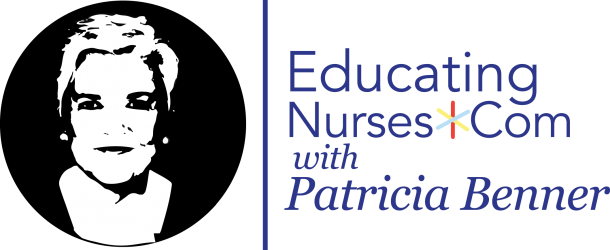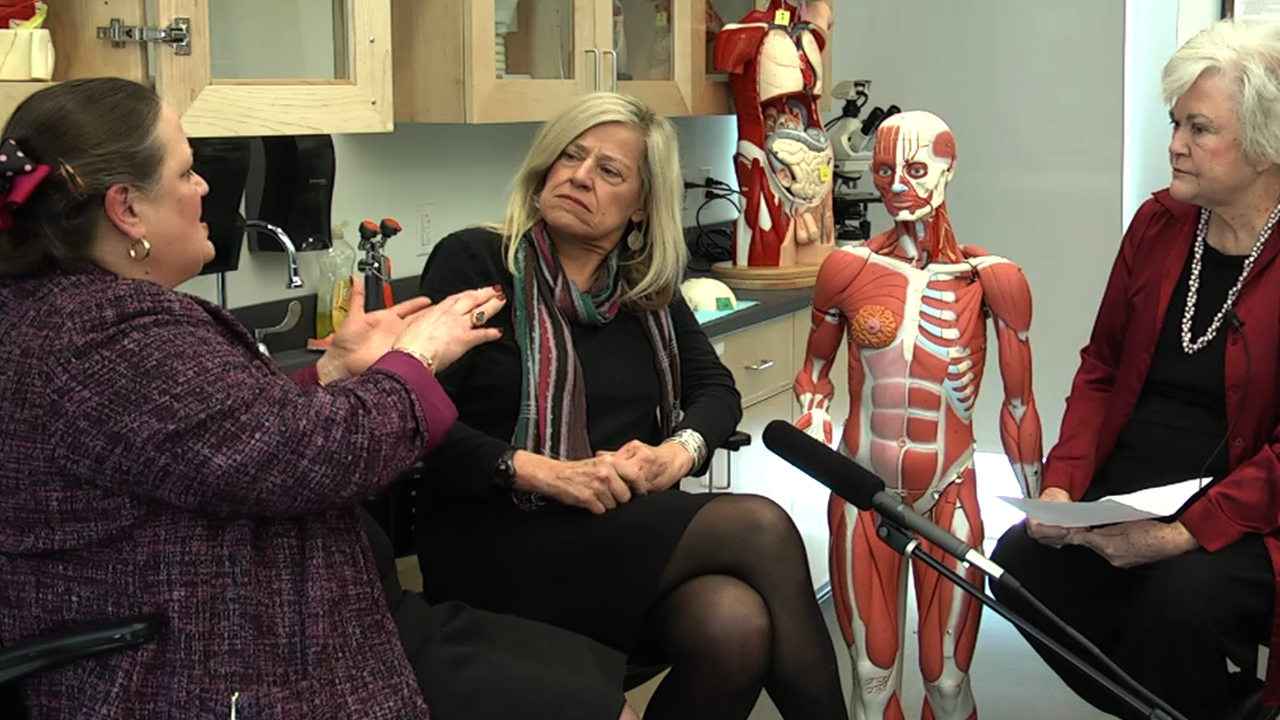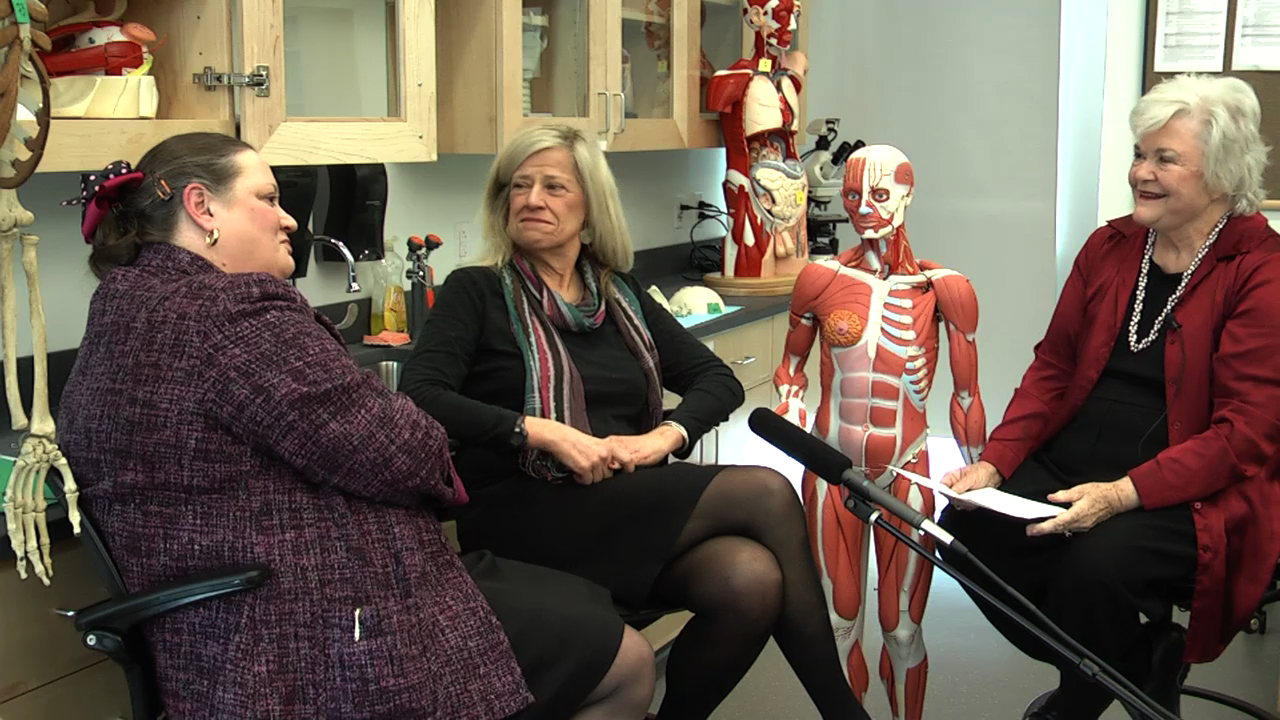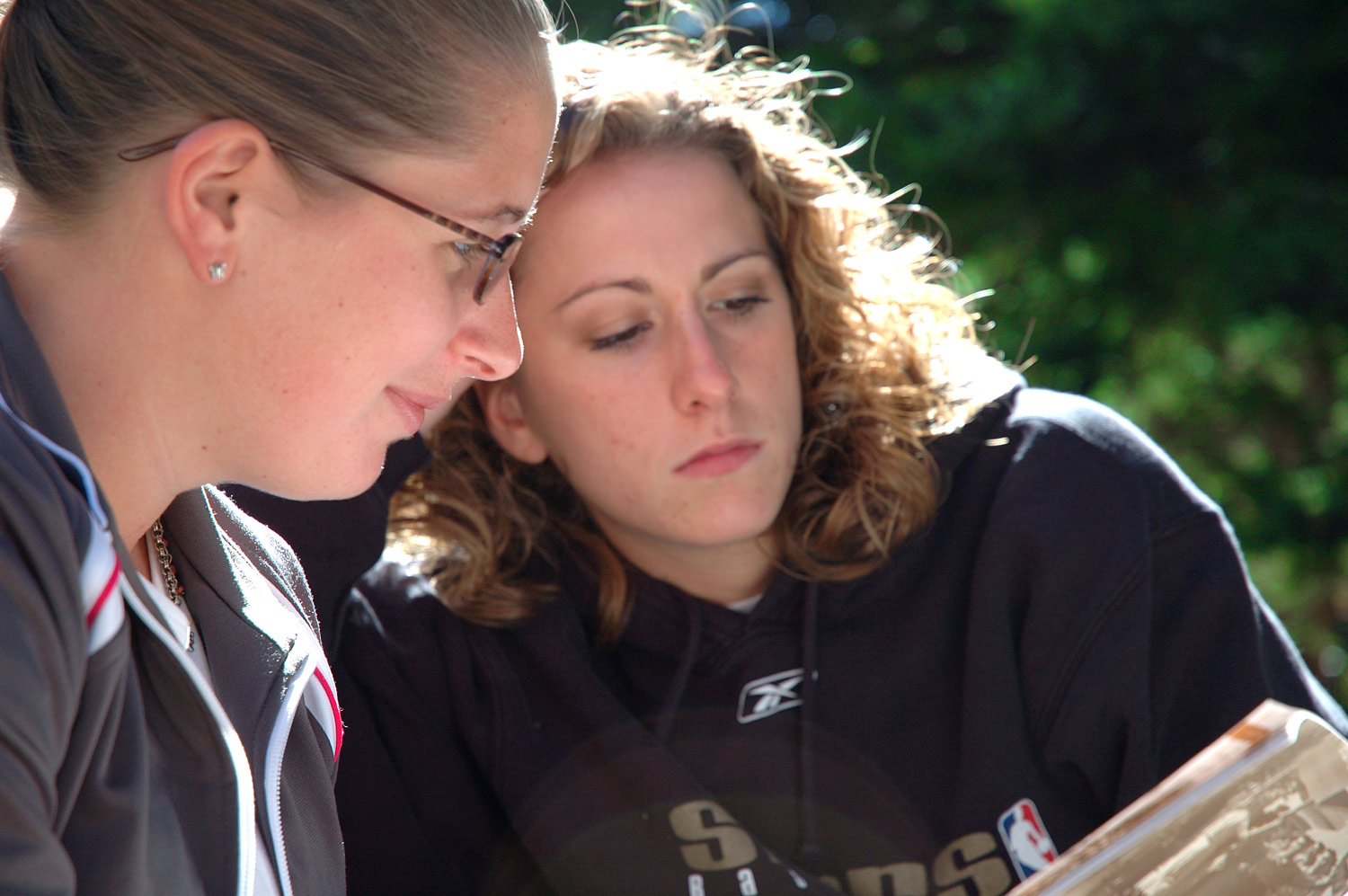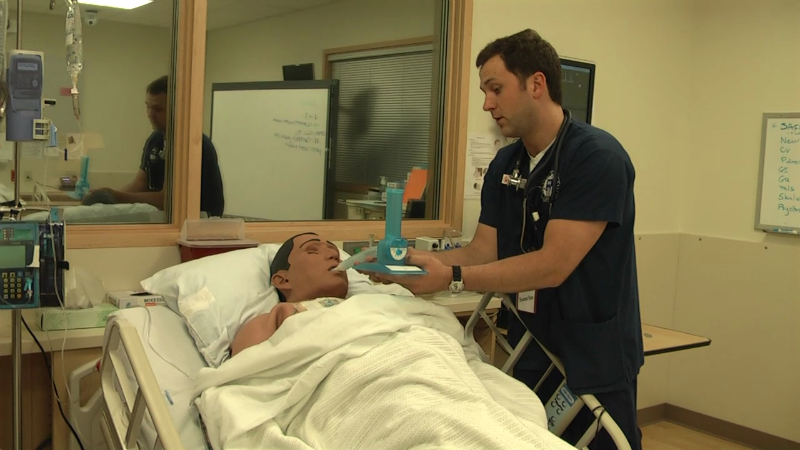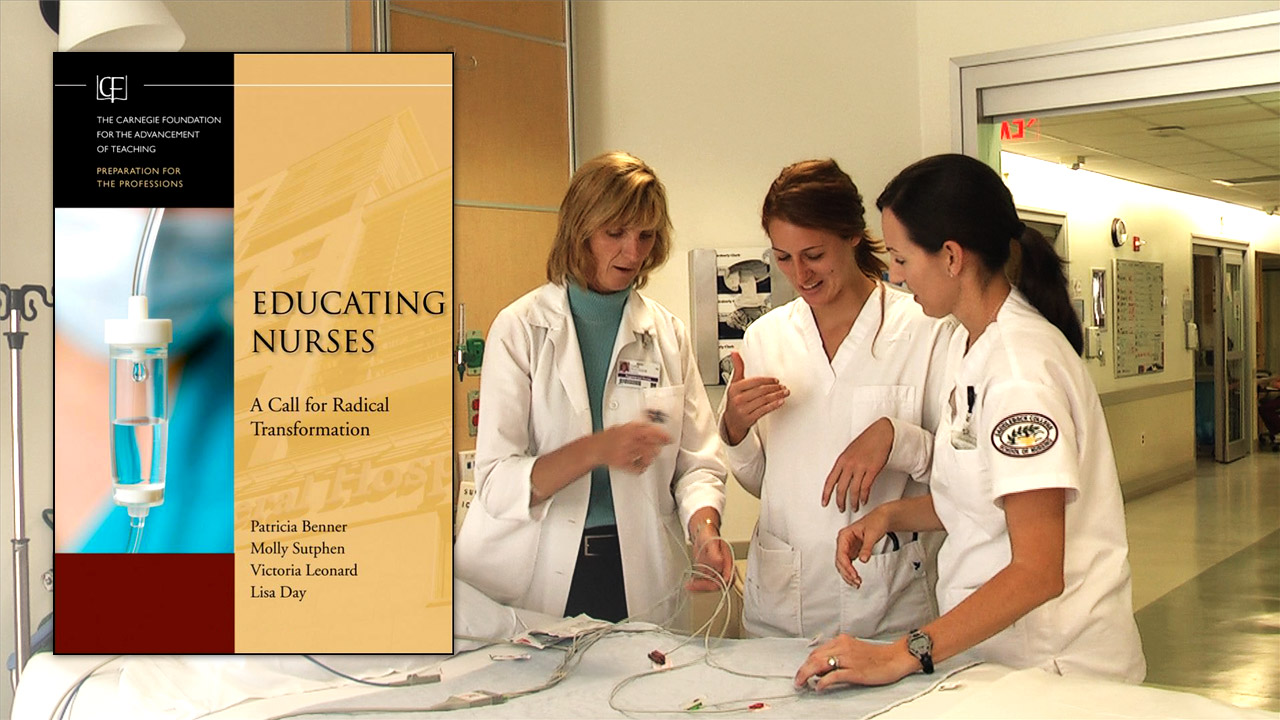Situating Concepts and Competencies in Nursing Education Research and Practice
Concepts and competencies are useful ways to organize a curriculum. They identify knowledge and skills that can be used in multiple settings and situations. But they also can unwittingly limit thinking and achievement to an unintended narrow rational-technicality. By narrow rational-technicality I mean excessive use of formal decision making models, based upon formal decision criteria. …
Continue reading “Situating Concepts and Competencies in Nursing Education Research and Practice”
Creating An Engaging Adventuresome, Practice-Centered Syllabus
As you put the final touches on your syllabi for the Fall Term, review your approach to the course with an eye to student engagement in learning. Instead of the limited behavioral objectives, you might add concrete practice-centered goals for the course. Do not be afraid of “I” statements…they can open communication between students and …
Continue reading “Creating An Engaging Adventuresome, Practice-Centered Syllabus”
Teaching and Learning Situated Skills of Involvement with Patients and Families
By: Patricia Benner We are learning more and more about the positive outcomes of engagement and the deleterious effects of disengagement (Rubin, 2009). In studies of skill acquisition and clinical reasoning we found that nurses who had problems with engaging with patients, families, and the actual demands, resources and challenges of particular situations did not …
Continue reading “Teaching and Learning Situated Skills of Involvement with Patients and Families”
Pedagogically Sound Uses of Lecture
Lectures should never be considered as a single intent, single style pedagogical strategy. By Patricia Benner, Copyright 2012 In this May Newsletter, we review some of the major legitimate pedagogical uses of lecture, in the classroom, seminar, skills lab. Pedagogical unsound uses of lectures (especially for nursing education) that should be avoided altogether are also …
Interprofessional Education
Urgently Needed, a Radical Transformation of Professional Collaboration and Teamwork by Patricia Benner, copyright 2012 I am writing this month’s newsletter with vivid interprofessional educational innovations fresh in mind from the Josiah Macy Foundation Invitational Conference on Interprofessional Education led by George E. Thibault, MD. This conference brought together a range of healthcare professionals committed …
Recommendations Made: The Impact on Curricula
Curriculum Implications for the Current Major External Reports on Nursing Education: The Carnegie National Study of Nursing Education; The IOM/Robert Wood Johnson, The Lancet and Quality and Safety in Reports Originally Prepared by Patricia Benner for Seattle University School of Nursing Curriculum Committee and Faculty. September 14, 2011. Edited by Patricia Benner for EducatingNurses.com, March …
Continue reading “Recommendations Made: The Impact on Curricula”
Reviving and Renewing Graduate School Preparation for Teaching Nursing Courses
Graduate Nursing programs in the United States have neglected teacher training courses as a requirement because of pressures related to required clinical hours at the graduate level. With so many required clinical hours in all Advanced Practice Courses, it seemed necessary to many educators to limit the amount of teacher training, both at the Master’s, …
Continue reading “Reviving and Renewing Graduate School Preparation for Teaching Nursing Courses”
Welcome
Welcome and thank you for your interest in joining me and many other nurses and nurse educators in revitalizing and transforming nursing education. We have done an amazing job in getting much needed research and research infrastructure in Nursing over the past 35 years; essential and outstanding accomplishments of many dedicated nurse scholars! Now it …
Situated Learning: Bringing Classroom and Clinical Teaching Together
Continue reading "Situated Learning: Bringing Classroom and Clinical Teaching Together"
